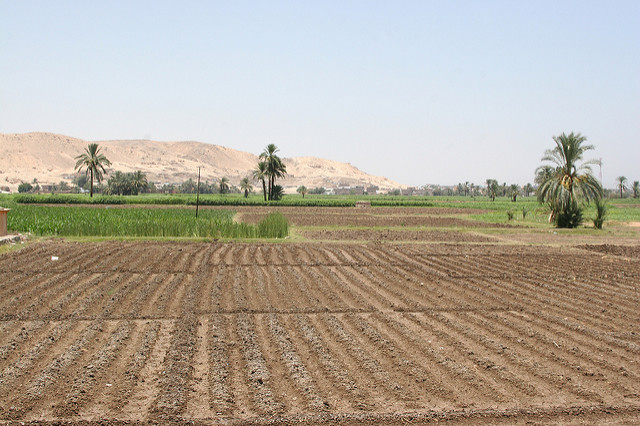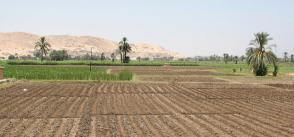
Climate change and stability in North Africa
Climate change is expected to impact on drought, water supplies and food security which may affect stability and security
North Africa is highly vulnerable to the consequences of climate change because of its strong exposure to increases in temperature, changes in freshwater availability, and population growth. The production of agricultural goods is sensitive to changing climate conditions across northern Africa, as economies strongly depend on agriculture or livestock. Due to the already existing water scarcity and this strong dependence on rain-fed agriculture, there is additional vulnerability, further exacerbated by an adaptive capacity that is limited by poverty and political instability. The impacts of climate change in North Africa are complex and not fully understood, they also interact and amplify other drivers and socio-economic factors, making attribution difficult to detangle.
However, in general, climate change is expected to have important impacts on drought, water supplies and food security, which may impact on the stability, prosperity and security of the region. However, research in this emerging field has not yet succeeded in establishing a consensus on primary causes, mechanisms, links, and interventions between climate change and insecurity.
Read/download the full research article by Roz Price via K4D.
[Photo by kmf164 | Flickr]







